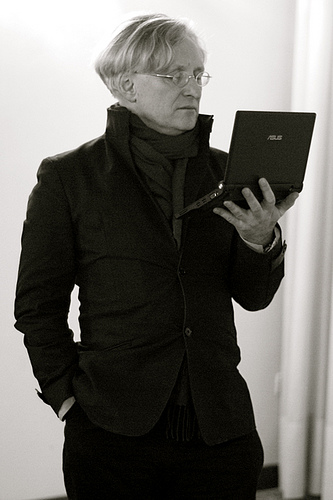

Until the introduction of printing, books were rare, and very, very expensive, maybe something like the same price as a small farm.
Only very rich people, and rich institutions, owned books.
In 1424 The University of Cambridge had one of the largest libraries in Europe: 122 books.
 The main
producers of books were monasteries.
The main
producers of books were monasteries.
"When the Anglo-Saxon Monkwearmouth-Jarrow Abbey planned to create three copies of the bible in 692 the first step necessary was to plan to breed the cattle to supply the 1,600 calves to give the skin for the vellum required." Wikipedia
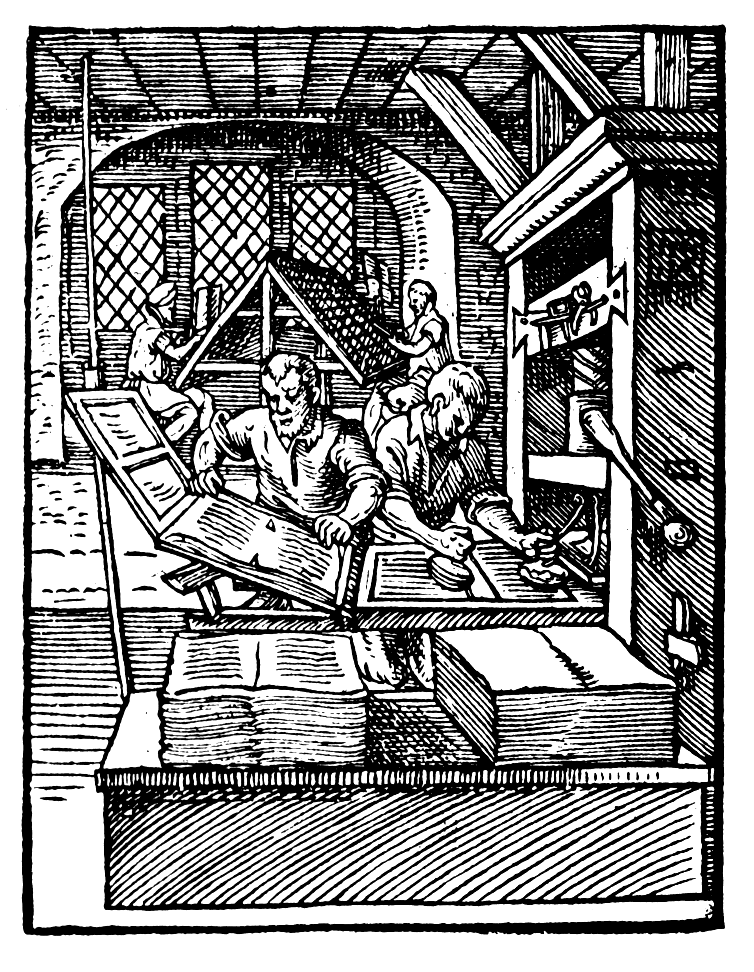
Gutenberg combined known technologies: ink, paper, wine presses, movable type.
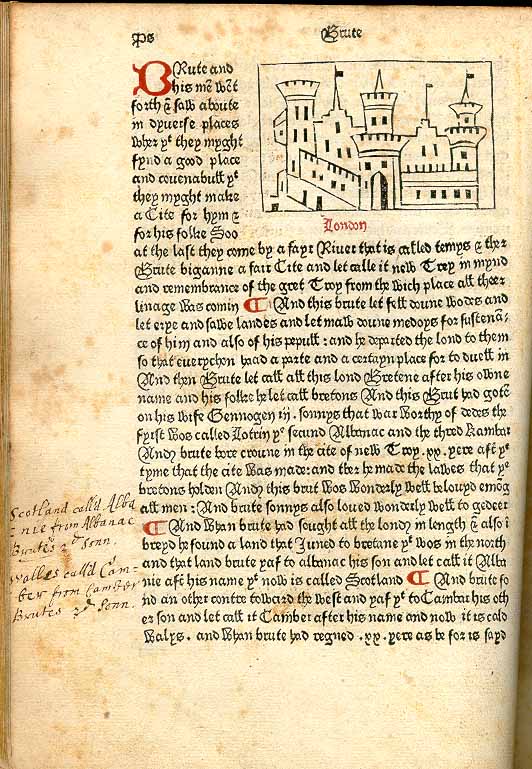
Note how it imitates a manuscript.
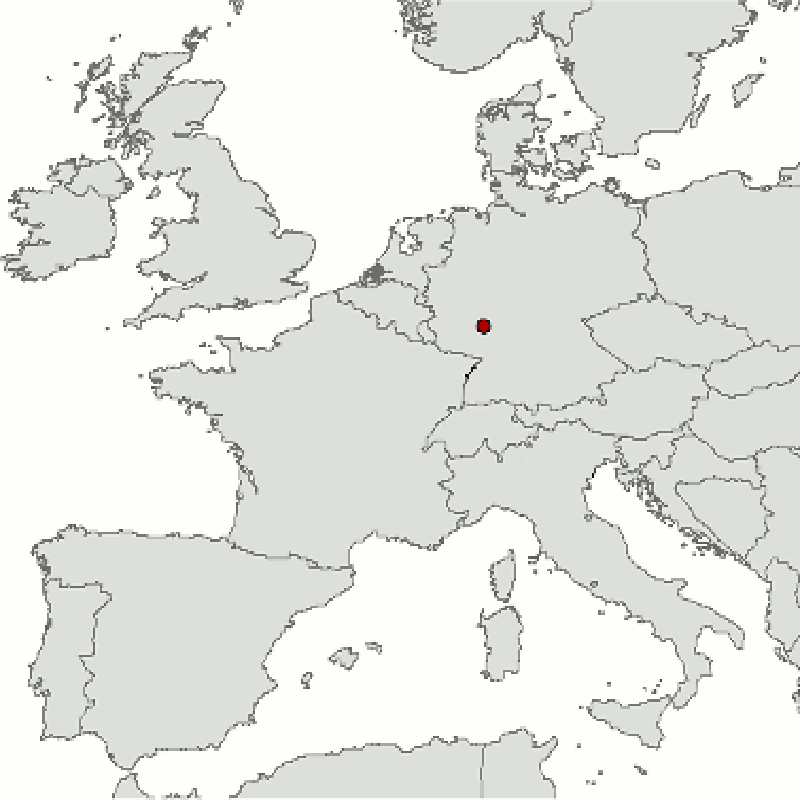
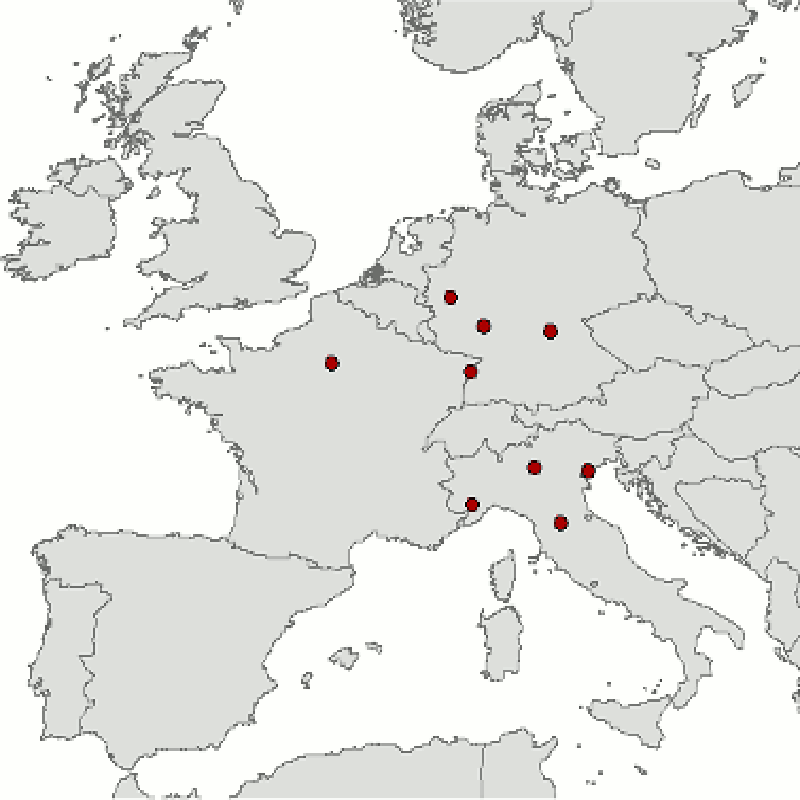
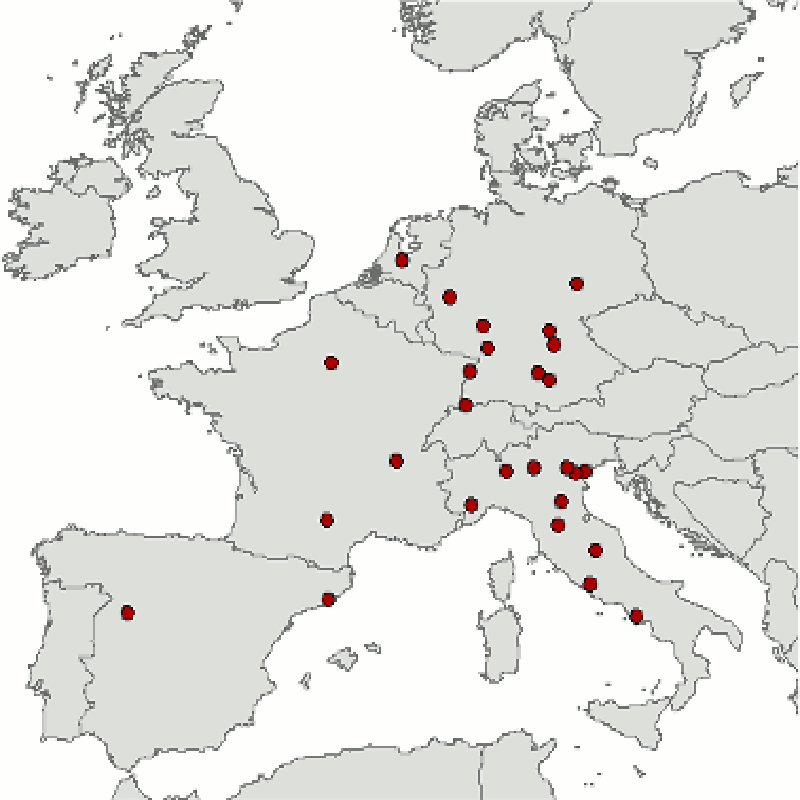
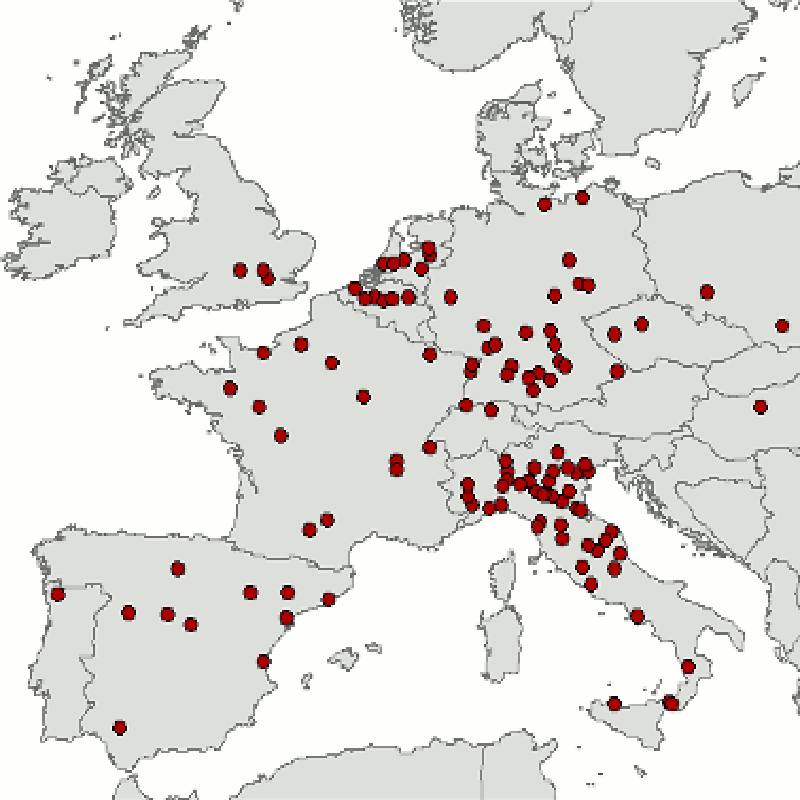
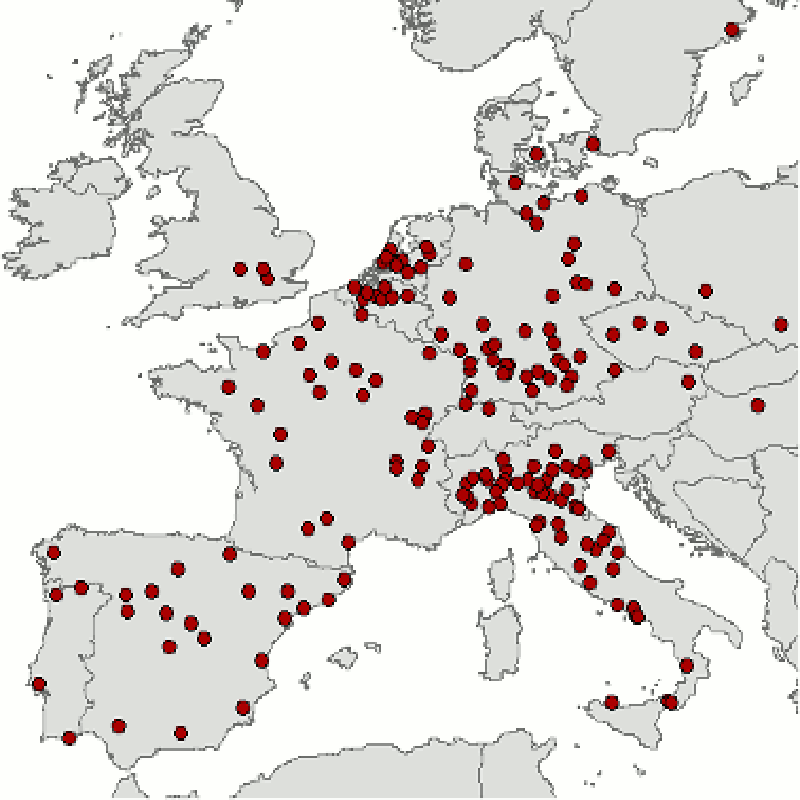
By 1500:
Prices tumbled: First bible 300 florins, about 3 years wages for a clerk.
Books became a new means of distribution of information.
It was a paradigm shift - new industries, paper production, binders, illustrators, bookshops.
People had a reason to learn to read.
Printing enabled the rise of Protestantism, and the Enlightenment is ascribed to the availability of books.
Until then, all information had been in the hands of the church (even universities were primarily religious institutions run by the church).
The church and state instituted censorship, to try and control information. Writers were killed or emprisoned for saying things that the church didn't like. (Such as Galileo for saying that the Earth moved)
Consequently many thinkers relocated to get out of the reach of the church.
About Amsterdam: "The twin occurrences -- that the city became a hub for scientists, and that it became the centre of publishing -- fed one another, resulting in the astounding fact that, over the course of the 17th century, approximately one-third of all books published in the entire world were produced in Amsterdam" - Russell Shorto
 1665: first scientific journals French Journal des
Sçavans and the British Philosophical Transactions
1665: first scientific journals French Journal des
Sçavans and the British Philosophical Transactions
From then on the number of scientific journals doubled every 15 years, right into the 20th century.
Even as late as the 1970's if you had said "we need a new way of distributing information to support this growth", you would have been thought crazy; the expectation was the growth would end.
But now that we have the internet, the amount of information produced continues to increase at an exponential rate. Maybe doubling every year.
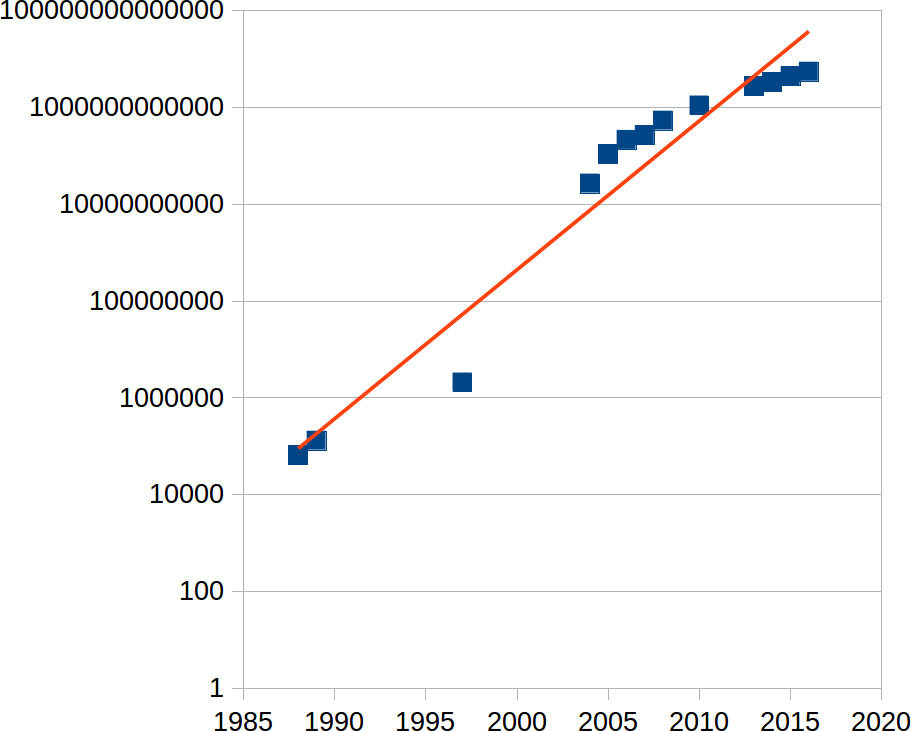 The internet was a cooperative effort.
The internet was a cooperative effort.
In 1988 arrived in Europe (Amsterdam): speed 64kbps connection for the whole of Europe to the whole of America. A year later that doubled to 128kb.
Since then it has more or less doubled per year. Even faster than Moore's Law.
Currently: 6Tbps
Before 1988, phoning long-distance was expensive.
The further you phoned, the more expensive it was. This matched people's expectations, but not reality.
In fact, the expensive part is the local loop: only one person (you) is using that. The long-distance part is amortised over 1000's of calls.
The internet made this all to clear: going to a site in New York is no more expensive than going to one locally (and now, phoning is essentially free).
Tim Berners-Lee (and Robert Cailliau) created the Web at CERN.
Like Gutenberg with the printing press, they brought together existing technologies (Hypertext, the internet, MIME types) and created a cohesive whole.
The Web is now replacing the book (along with many other things).
Telephone directories, encyclopaedias, train timetables, other reference works are already gone. Others will follow.
Books (as an artefact) will become a niche market. All information will be internet-based.
To publish information in a book you need an expensive infrastructure: paper manufacture, printing presses, distribution channels, advertising, bookshops.
When you buy a book, the infrastructure consumes most of the price: typically the producer of the information (the author) gets 10%.
But with the internet, you no longer need that infrastructure: anyone can publish, even from home.
The book made everyone a reader; the internet makes everyone a publisher.
The current internet is still very immature.
It took 50 years before the idea caught hold that books didn't need to imitate manuscripts.
We are still feeling our way in society in how to use and deal with the internet.
Interlinking of services.
All information freely available.
Internet everywhere, lights, oven, your alarm clock, everything connected.
All communication via internet.
Everyone a publisher.
Nothing unavailable, nothing ever going 'out of print'.
A lot of existing information is distributed by people who have concentrations of the means of distribution, and that is the reason they exist.
Music industry is healthy, record industry is not.
Old media is struggling to retain ownership.
We are at a turning point in history. The internet is going to have as great an effect on society as the book did, only much quicker.
We are in a turbulent period now because we are historically seen in the midst of a paradigm shift.
Will we get a second enlightenment?
"We tend to overestimate the effect of a technology in the short run and underestimate the effect in the long run." -- Roy Amara, The Institute for the Future